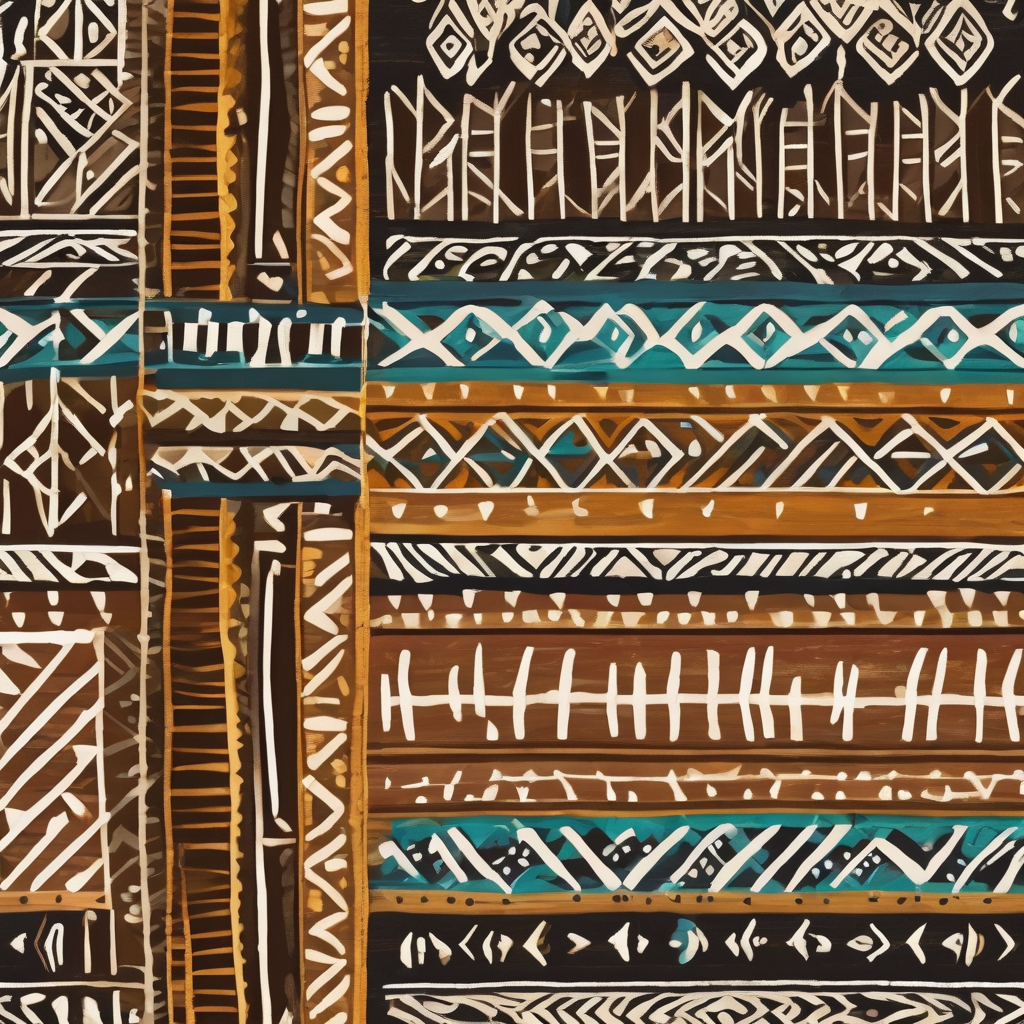Approximately 60 women from Tikina Sawau in Beqa are participating in a transformative two-week program organized by the Fiji Women’s Crisis Centre (FWCC). This initiative is designed to empower participants in their fight against gender-based violence through knowledge, confidence, and communal action, rather than reliance on physical strength. It is part of the FWCC’s annual campaign, marking the 16 Days of Activism Against Violence Against Women and Girls, which this year is taking place on Beqa Island under the theme “Ending Impunity.”
The training program focuses on critical topics such as gender equality, women’s rights, legal literacy, and the impact of technology-facilitated violence. The goal is to build a robust network of advocates who can lead community initiatives and respond effectively to incidents of gender-based violence. Shamima Ali, FWCC Coordinator, expressed that this training is a continuation of their long-established partnership with the Rewa Provincial Office, and stressed that gender equality plays a crucial role in local development efforts.
“It’s encouraging to see provinces like Rewa recognizing that women’s empowerment and social progress go hand in hand. This shows real vision — that ending violence against women is part of building stronger, fairer communities,” Ali stated.
In this year alone, the FWCC has conducted six community training sessions across Rewa, targeting both men and women to foster a better understanding of human rights and the legal frameworks that protect them. Already, over 100 men have completed the Male Advocacy for Women’s Human Rights program, which encourages them to reflect on their behaviors and positively influence their peers toward promoting equality and respect.
Ali also pointed out that these efforts align with Fiji’s National Action Plan to Prevent Violence Against Women and Girls (2023). She highlighted the ongoing financial support from Australia and New Zealand, which has been crucial for outreach initiatives for over thirty years. With continued advocacy and commitment, there is a hopeful outlook for the future. More individuals are becoming active participants in the movement against gender-based violence, paving the way for healthier and more equitable communities in the region.
